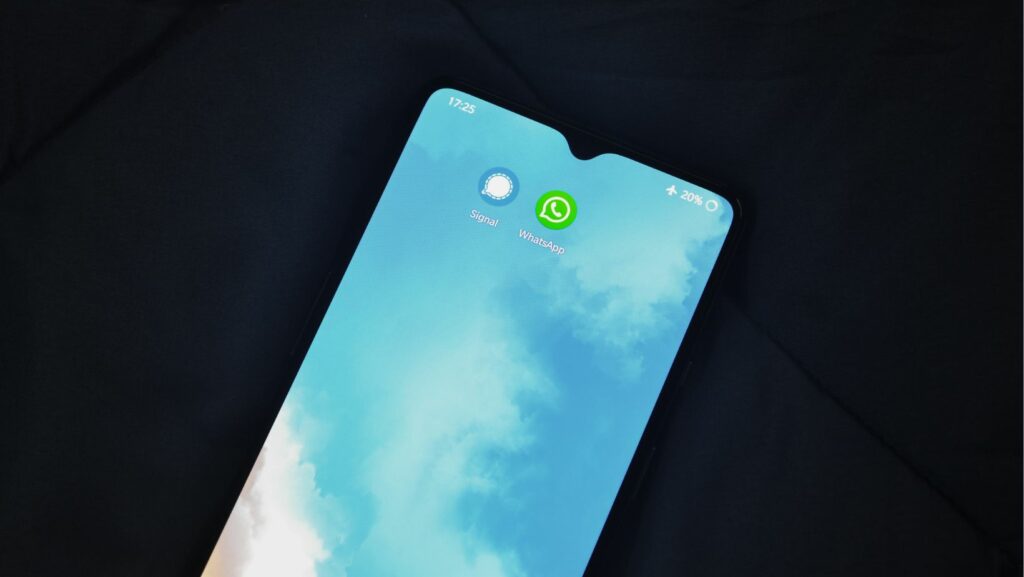Whatsapp:-mdlzi-m1ti= Facebook

In today’s digital age, staying connected has never been more crucial, and platforms like WhatsApp and Facebook play a pivotal role in this landscape. These two giants, both under the Meta umbrella, have transformed how people communicate and share information globally. With over two billion users each, they offer unparalleled reach and functionality, making them indispensable tools for personal and professional interactions.
WhatsApp, known for its end-to-end encryption and user-friendly interface, revolutionized messaging by offering a secure and straightforward way to chat. Meanwhile, Facebook continues to evolve as a social media powerhouse, providing a platform for connecting with friends, family, and even brands. Together, they create a seamless ecosystem where users can effortlessly switch between private messaging and public sharing.
Understanding the synergy between WhatsApp and Facebook is essential for anyone navigating the digital communication landscape. As these platforms continue to innovate, they redefine how we interact in an increasingly connected world.
Overview Of WhatsApp And Facebook

WhatsApp and Facebook, both owned by Meta, are pivotal in digital communication. WhatsApp, launched in 2009, allows users to send text messages, make voice and video calls, and share media files. With its end-to-end encryption, it prioritizes user privacy, ensuring secure conversations.
Facebook, introduced in 2004, is a leading social networking platform. It enables users to connect with friends, share updates, and join communities. It also offers diverse features, including events, marketplace, and live streaming, catering to various social interaction needs.
These platforms form an essential part of Meta’s ecosystem, each offering unique functionalities. WhatsApp focuses on private communication, while Facebook emphasizes broader social interaction. Understanding their roles helps users leverage them effectively for both personal and professional connections.
Integration Of WhatsApp And Facebook
The integration of WhatsApp and Facebook enhances connectivity across platforms. By combining their strengths, both apps provide a seamless user experience.
Features Of Integration
User accounts on Facebook and WhatsApp link effortlessly, enabling cross-platform access. This integration allows sharing of WhatsApp status updates directly to Facebook Stories, streamlining content sharing. Businesses utilizing WhatsApp Business can manage customer interactions through Facebook’s unified Business Suite, optimizing communication efforts. Enhanced login features enable users to verify identity using WhatsApp when accessing Facebook features, enhancing security and ease of use.
Benefits Of Integration
Integrated features improve user engagement by simplifying the content-sharing process. Businesses benefit from streamlined operations, reaching customers efficiently through personalized communications. Enhanced targeting capabilities allow businesses to leverage Facebook’s advertising tools while maintaining WhatsApp’s personal connection features. The integration enriches user experience, offering enhanced security, streamlined functionality, and efficient communication through cross-platform capabilities.
User Privacy Concerns
Data Sharing Policies
WhatsApp and Facebook’s data sharing policies often raise eyebrows. WhatsApp announced in 2021 that it would share limited user data, including phone numbers and transaction data, with Facebook. This integration aims to improve advertising and business services. However, data like personal messages remains encrypted. Despite these measures, debates persist over the potential misuse of shared data.
User Privacy Protections
WhatsApp employs end-to-end encryption, ensuring that only the sender and recipient can read messages. On the other hand, Facebook provides various privacy settings, allowing users to control post visibility and manage personal data access. Though both platforms offer protections, users remain concerned about how their information is stored and potentially used beyond intended purposes.
Impact On Social Media Landscape

WhatsApp and Facebook prioritize instant connectivity. They enable people to communicate swiftly, breaking down geographical barriers. WhatsApp’s end-to-end encryption reassures users of privacy, enhancing personal connections. Facebook fosters widespread interaction through groups and communities. Both platforms promote diverse communication styles, from text and voice to multimedia sharing. The integration of features like voice notes and live videos broadens interaction options, catering to varied user preferences and needs.
User engagement has transformed as individuals spend more time on these platforms. There’s an increase in digital content consumption as users engage with posts, stories, and live videos. Both platforms have driven the rise of social commerce, with Facebook’s marketplace and WhatsApp Business facilitating direct transactions and customer interactions. The continuous evolution of features, such as Facebook’s algorithm changes and WhatsApp’s status updates, influences how users interact with content, prioritize engagements, and utilize social media for personal and professional purposes.

